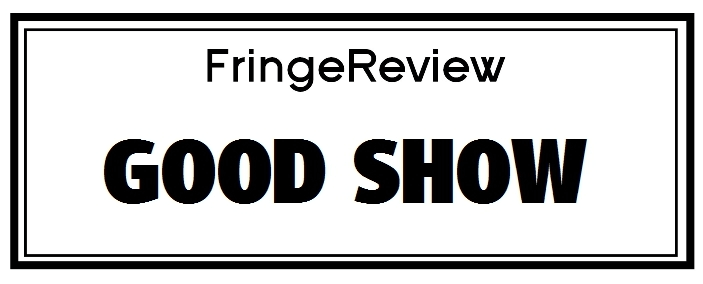FringeReview UK 2018
Jamie Andrews Organ Recital All Saints
Jamie Andrews

Genre: Live Music, Music
Venue: All Saints, Hove
Festival: FringeReview UK
Low Down
Jamie Andrews concludes his term as All Saints’ Organ Scholar with Langlais, Bach, Arensky, Grace, Hakim and on the piano, Sancan.
Review
Jamie Andrews is leaving All Saints for Eton after his term a Organ Scholar expires. The church was packed with over 150 and rightly so. Andrews has built up a great deal of affection and respect – and with a podium and loft assurance perfectly in evidence when he shifts from organ to piano.
After the fine blare of Jean Langlais ‘Acclamations Carolingiennes’ from his Suite Medieval we’re treated to the cod Gothic that part of this organ was built for. Born in 1907 the blind Langlais is of the French organ generation of Duruflé, Messiaen, and Alain. So it’s paradoxical that here he’s harking back to a Romantic version of what the world of Josquin and earlier might sound like. It’s enormous fun too, a huge bell-ringing out of Notre Dame in transposed film music.
Bach’s Prelude and Fugue in F minor BWV534 is wholly different, though just as various. Using cleaner stops and pedals than the murky magnificence of Langlais, Andrews conjures some fo that tona purity you get in period organs but it’s still a pretty Victorian encrustation. The Prelude’s a bewilderingly active agent and the fugue seems to come after everything’s exhausted. Yet its dark tread owns a vigour and nailing clarity to bring all activity to rest.
By contrast Bach’s second movement from the Trio Sonata No. 3 BWV527 is a model of pellucid calm, quite hypnotic in its stillness. Andrews offers a restrained palate coming as welcome relief.
It’s partly blasted by Anton Arensky’s Basso Ostinato arranged by one A.E. Hull. A brilliant academic born in 1861, slightly older than Glazunov and dying young of drink in 1906 Arensky’s known for his four two piano suites, his superb Trio on Tchaikowsky’s death, and other chamber works; less so for his symphonies and not at all for solo works. This works is new to me in this form and it’s startling, a powerful tonal work deeply at home in this register, adding more Gregorian tones to this fascinating transcription.
Harvey Grace (1874-1944) I’d never heard of, though he’s central to London organ practice for fifty years. But his Ten Compositions should be hard on the basis of these two: ‘Reverie’ is a beautiful specimen of late Victorian sensibility stripped into German. ‘Resurgam’ has a confidence and slight brashness alien to Germans like Rheinberger and Reger, though that Art Nouveau maverick Karg-Elert seems close here. Definitely worth revisiting.
Naji Hakim’s normally very French sensibilities played against a different accent in Fanfare for Nottingham which Andrew relished in a bravura sign-off for the organ. Andrews technique has been rock solid, negotiating as best he can the power and sheen of the instrument he plays, with some of the baroque works requiring modest registration and ornament. He maanged crucially to render the instrument a different beast here, though you can feel its seethe under him.
He then crossed to the piano, where Pierre Sancan (1916-2008) was introduced as a piano composer who wrote almost exclusively very fast pieces for it. And how this piece sang in a wonderful aggregation of rhythm and zinging bravura, full of accelerando where Andrews’ rolled sleeves really did justify themselves in a whooping éclat. A thunderous end deserving a thunderous ovation to conclude Andrews’ year: full of surprise and enriching repertoire as well as watching a burgeoning talent of some magnitude.


















































